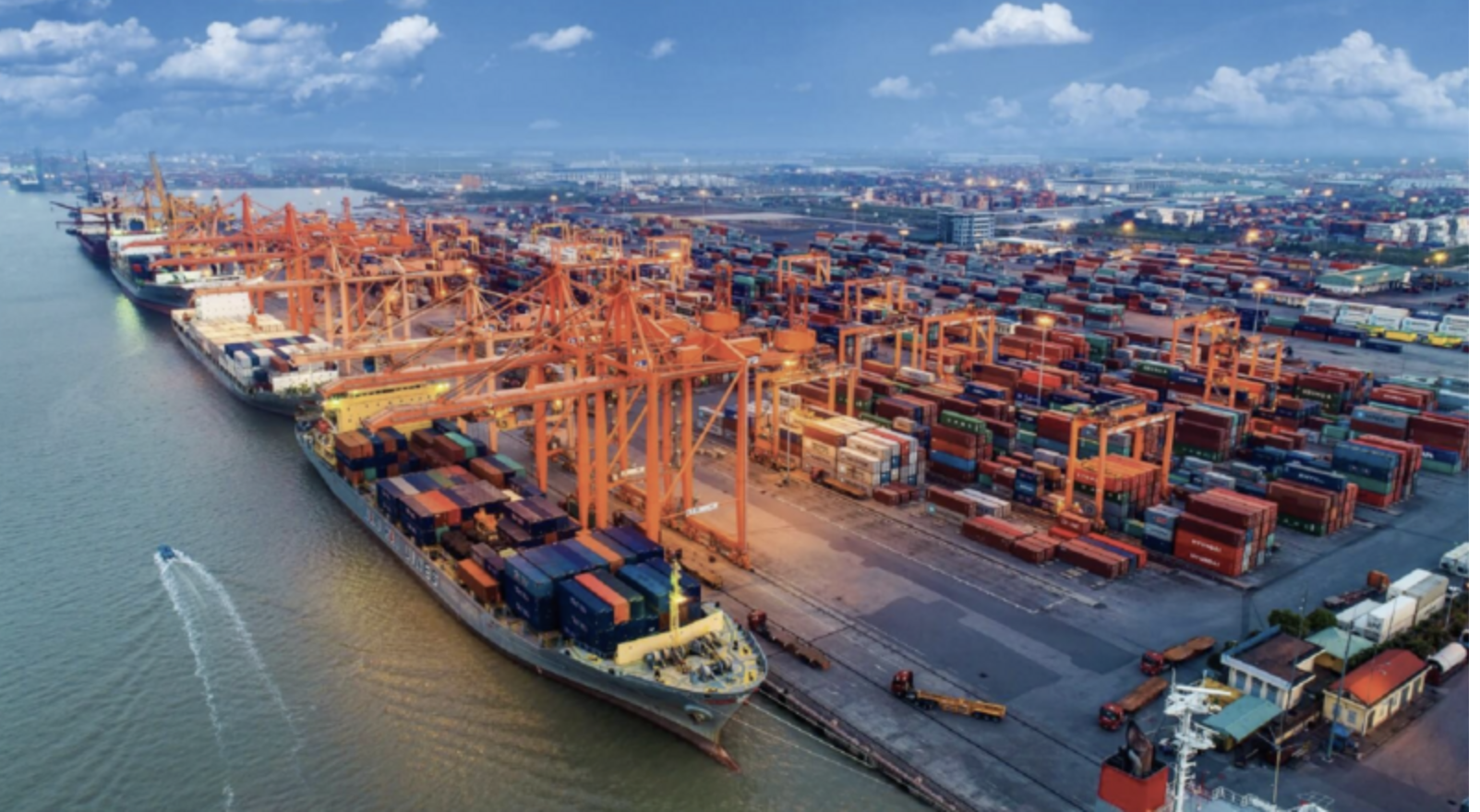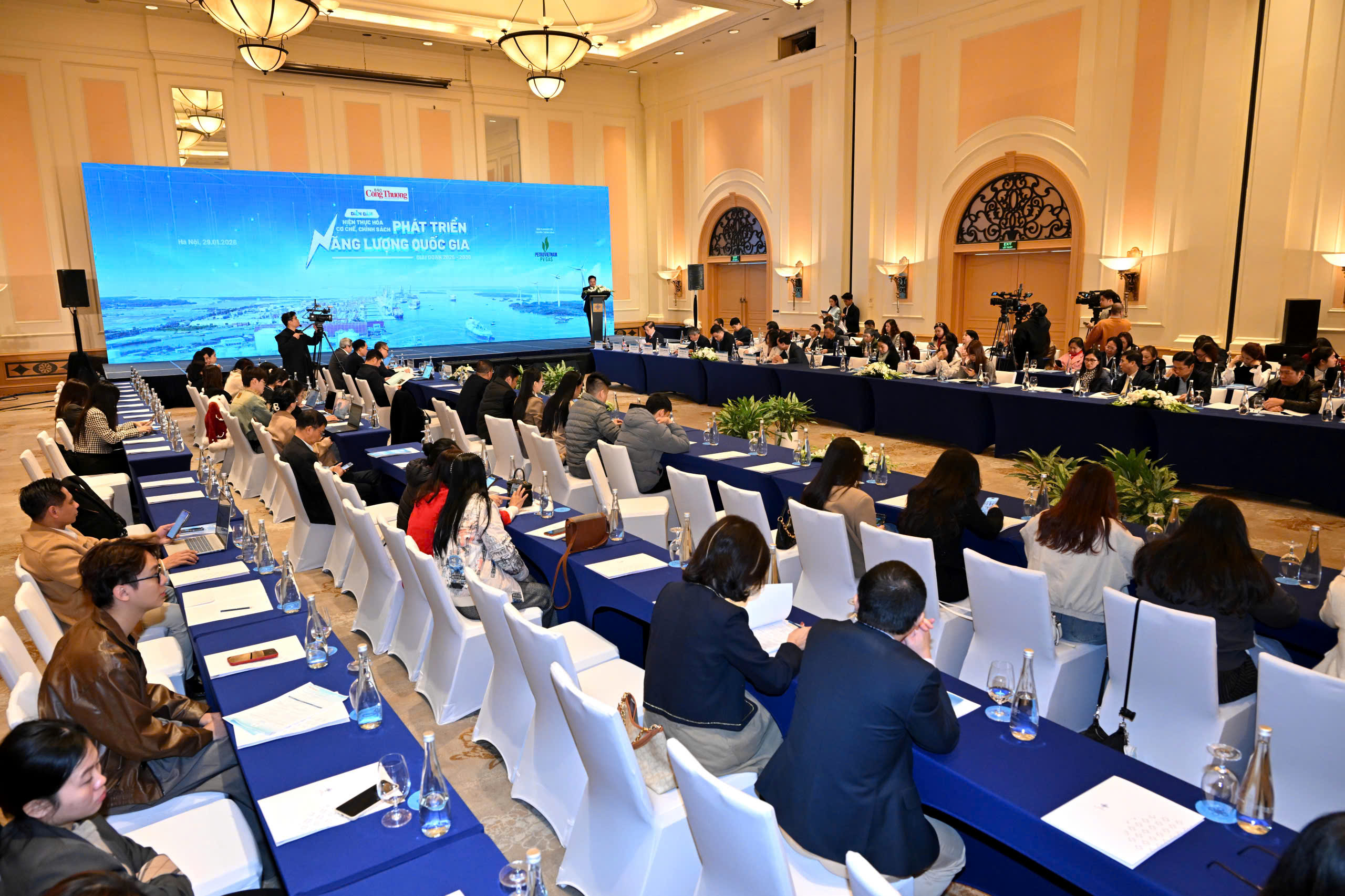
Leadership transition as the brand Approaches Its 140-Year global milestone
19:05 | 23/03/2025 16:24 | 30/01/2026Science - Technology
When consumers value ESG
According to Nguyen Minh Thao, Head of the Business Environment and Competitiveness Research Department at the Central Institute for Economic Management under the Ministry of Planning and Investment, ESG is a global trend and an inevitable choice for businesses today, especially in the context that Vietnam has participated in many Free Trade Agreements (FTAs), and the United Nations Framework Convention on Climate Change (COP26 and COP28) ... towards the goal of achieving zero net emissions by 2050.
ESG is even more important as Vietnam’s trading partners have recently issued new requirements, typically the European Green Deal (EGD), which is the European Union’s comprehensive and long-term program to respond to global climate emergencies until 2050.
 |
| Vietnamese enterprises are much interested in ESG practices |
This policy will affect export activities of Vietnamese enterprises to the EU, including the Carbon Border Adjustment Mechanism (CBAM), the Farm to Fork Strategy, the Circular Economy Action Plan, and the Biodiversity Strategy to 2030. Accordingly, products that do not meet environmental standards will not be able to be exported to Europe.
Not only Europe, many other countries, such as Japan and the Republic of Korea are also applying regulations to prevent imported goods from ineligible enterprises.
Changing awareness to go further
Being aware of the important role of ESG in the sustainable development of enterprises and the opportunity to participate in the global value chain, recently, many Vietnamese enterprises have paid special attention to ESG practices. Specifically, in 2024 alone, the number of Vietnamese enterprises looking for advice related to ESG practices increased by more than 30 percent. This information also coincides with a recent report of the Vietnam Federation of Commerce and Industry (VCCI), stating that the number of Vietnamese enterprises interested in ESG is increasing and that change has brought more opportunities for Vietnamese enterprises.
Regarding ESG practices at enterprises, Pham Thi Ngoc Thuy, Director of the Office of the Private Economic Development Research Board, told a story about two years ago, Vietnamese textile enterprises were “shocked” at the “green textiles” phenomenon in Bangladesh when in a very short period of time, the export growth of Bangladeshi textile enterprises to the US increased by 54 percent thanks to green certification.
Then a female owner of a Vietnamese textile enterprise learned that the certificate that Bangladeshi textile enterprises achieved was LEED issued by US organizations, so she was determined to achieve this certificate. Accordingly, in 2023, while the entire Vietnamese textile and garment industry grew by nearly negative 10 percent, this textile and garment enterprise still grew positively, having the right to choose international buyers when possessing a rare certificate compared to other enterprises in the market.
From the story and the requirements of import markets, economic experts believe that ESG is not only necessary and inevitable, but also a mandatory path for enterprises if they want to conquer the international market.

19:05 | 23/03/2025 16:24 | 30/01/2026Science - Technology

19:05 | 23/03/2025 09:54 | 30/01/2026Cooperation

19:05 | 23/03/2025 09:40 | 30/01/2026Investment

19:05 | 23/03/2025 09:15 | 30/01/2026Cooperation

19:05 | 23/03/2025 09:05 | 30/01/2026Industry